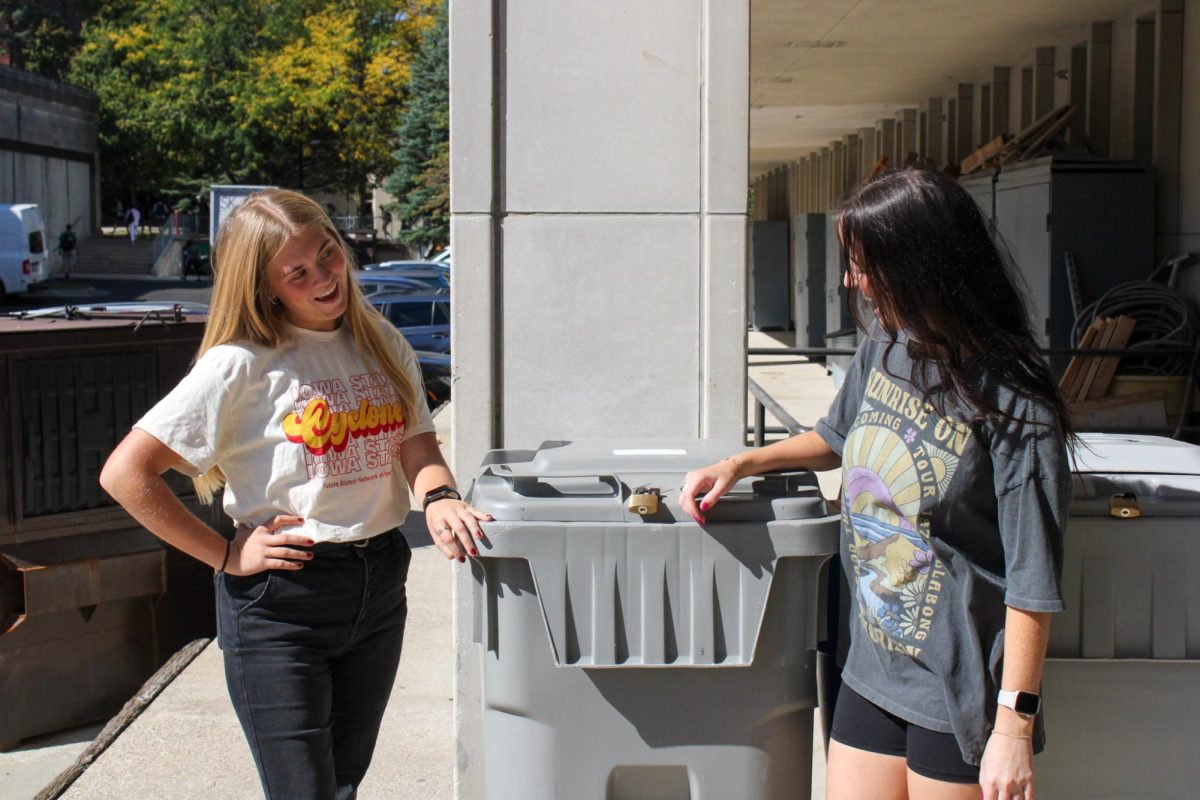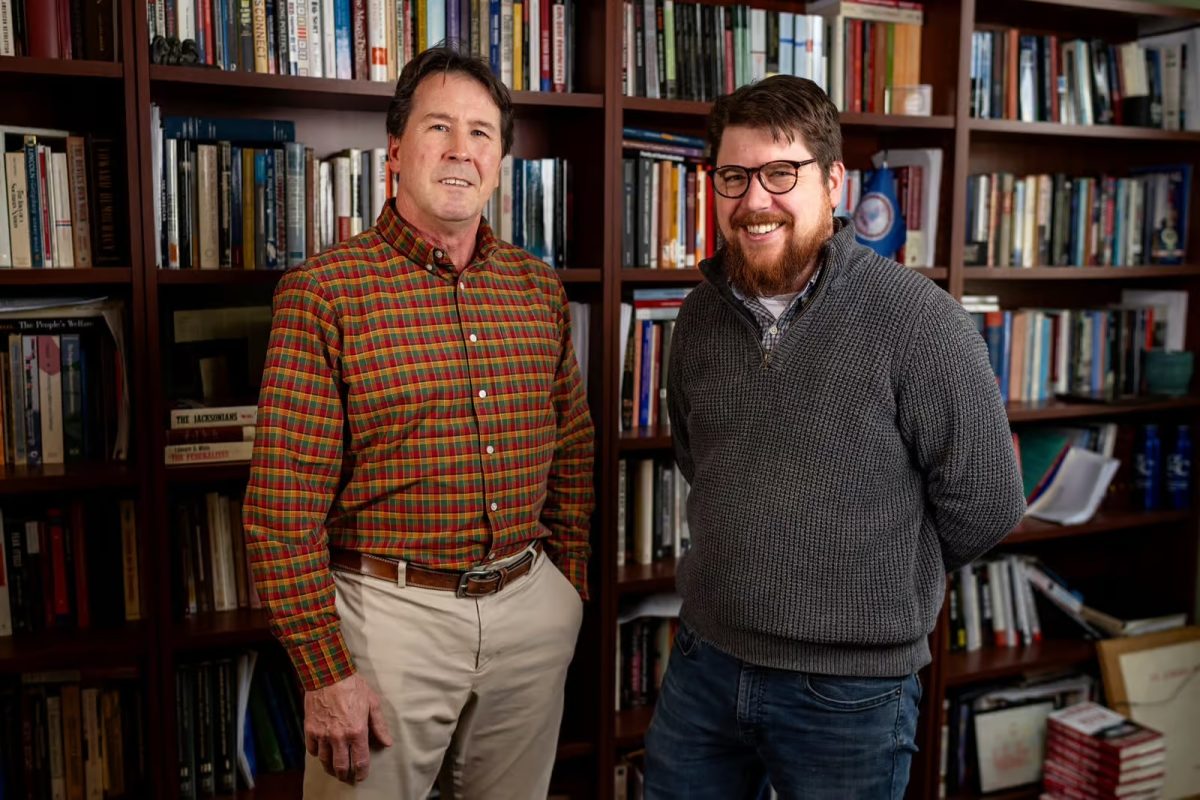Vet med findings could benefit AIDS research
March 23, 2000
New research being developed at the ISU College of Veterinary Medicine has enabled scientists and students to isolate distinct populations of a virus that might eventually help researchers fight the AIDS epidemic.
Susan Carpenter, associate professor of veterinary microbiology and preventive medicine, gave a seminar on the research Wednesday in the Memorial Union as part of a program sponsored by the College of Veterinary Medicine titled “Advancing Technology — Critical Issues and Advanced Strategies in Biomedical and Veterinary Research.”
Carpenter, with the help of ISU students, is studying Equine Infectious Anemia, a disease found in horses that is similar to the AIDS virus, although not always terminal.
“We’re trying to look at variations in this virus to understand factors that are important in all virus variations,” she said. “We are trying to discover what causes the differences between acute or life-long diseases.”
Carpenter and her students were able to isolate two highly variable populations of the virus that were present in the horse throughout all the stages of the disease.
“I think there were a lot of people who studied viruses a long time ago and thought of viruses as one entity, and that’s not true. There are actually multitudes of viruses,” she said.
When Carpenter discovered there were two populations of the virus, she said she was surprised and intrigued.
“We were very interested in developing computational tools to analyze this,” she said.
Sid Baccam, graduate student in mathematics and immunobiology, helped develop a computer program to analyze the viral variation that causes the progression of the disease.
“We developed this method because other [clustering methods] were not working,” Baccam said.
Carpenter said the computer program, developed mainly by ISU graduate students, analyzes how the different virus groups are connected.
“This program takes populations of sequences [of the virus] that are different and finds groupings of relatedness,” she said.
Wednesday’s seminar was the first of the College of Veterinary Medicine’s four-part series over the next two weeks dealing with animal diseases and neuroscience technology.






